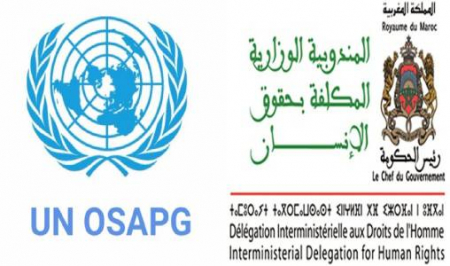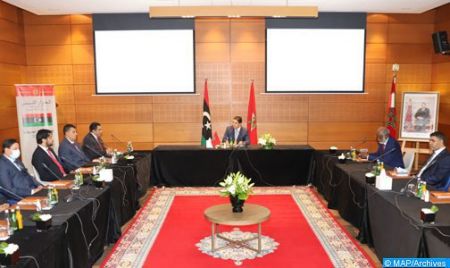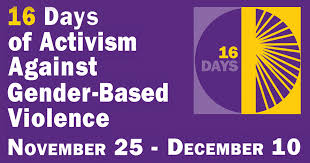Morocco and the United Nations Office for the Prevention of Genocide and the Responsibility to Protect (OSAPG) are co-organizing a high-level Symposium to commemorate the fifth anniversary of the adoption of the landmark United Nations Fez Action Plan on the role of religious leaders and actors to prevent incitement to violence that may lead to atrocity crimes.
The Symposium, held in Fez this July 20-21, aims to identify best practices and lessons learned from the Fez Action Plan since its adoption. It is also discussing ways and mechanisms to ensure the plan implementation in a bid to support international efforts to lay the foundations for peace and security, advance human rights, and stimulate sustainable development, a joint statement by the Interministerial Delegation for Human Rights, the Rabita Mohammadia of Ulemas and the OSAPG said.
The event focuses on multiple topics, including the role of religious leaders in promoting peaceful, inclusive and fair societies, strengthening support for the implementation of the Fez Action Plan at the international level, gender approach in further implementing the Fez Action Plan, especially through empowering and enhancing the role of women and youth, and highlighting experiences and best practices. It also features an interactive discussion to identify future recommendations and the way forward.
The Symposium is attended by prominent UN officials, representatives of the UN system and other international organizations, high-level Moroccan Government representatives, prominent national and international stakeholders and religious leaders, as well as representatives of civil society.
The Fez Action Plan was adopted by the United Nations in 2017, following two years of consultations that were launched in Fez, with leaders of different faiths and religions from around the world. This landmark Plan is a tangible tool to prevent incitement to violence that may lead to atrocity crimes, combat hate speech, counter the rhetoric of violent extremism, in addition to promoting the values of peace and security and respect for human rights and enshrining the principles of coexistence and social justice.



